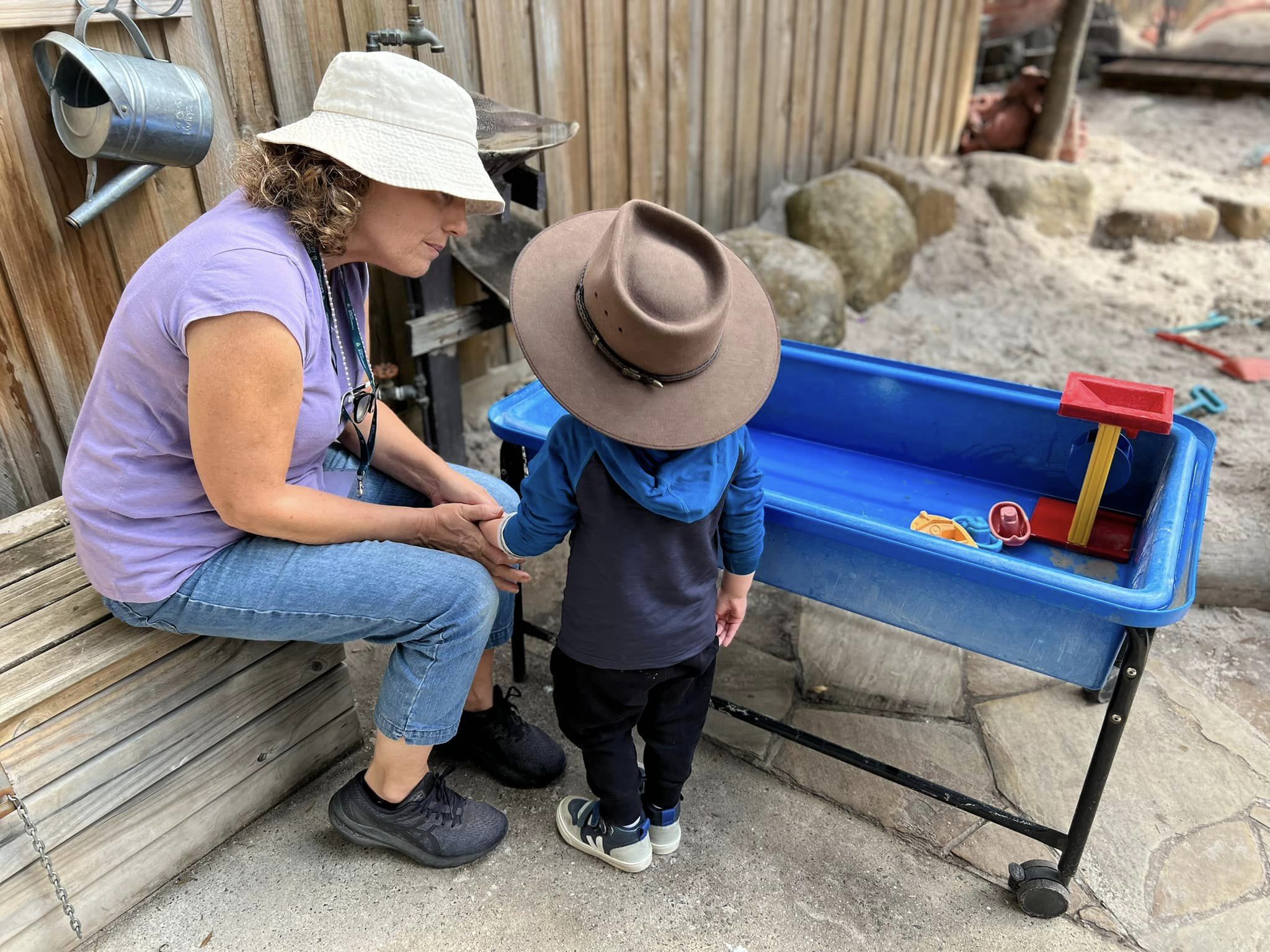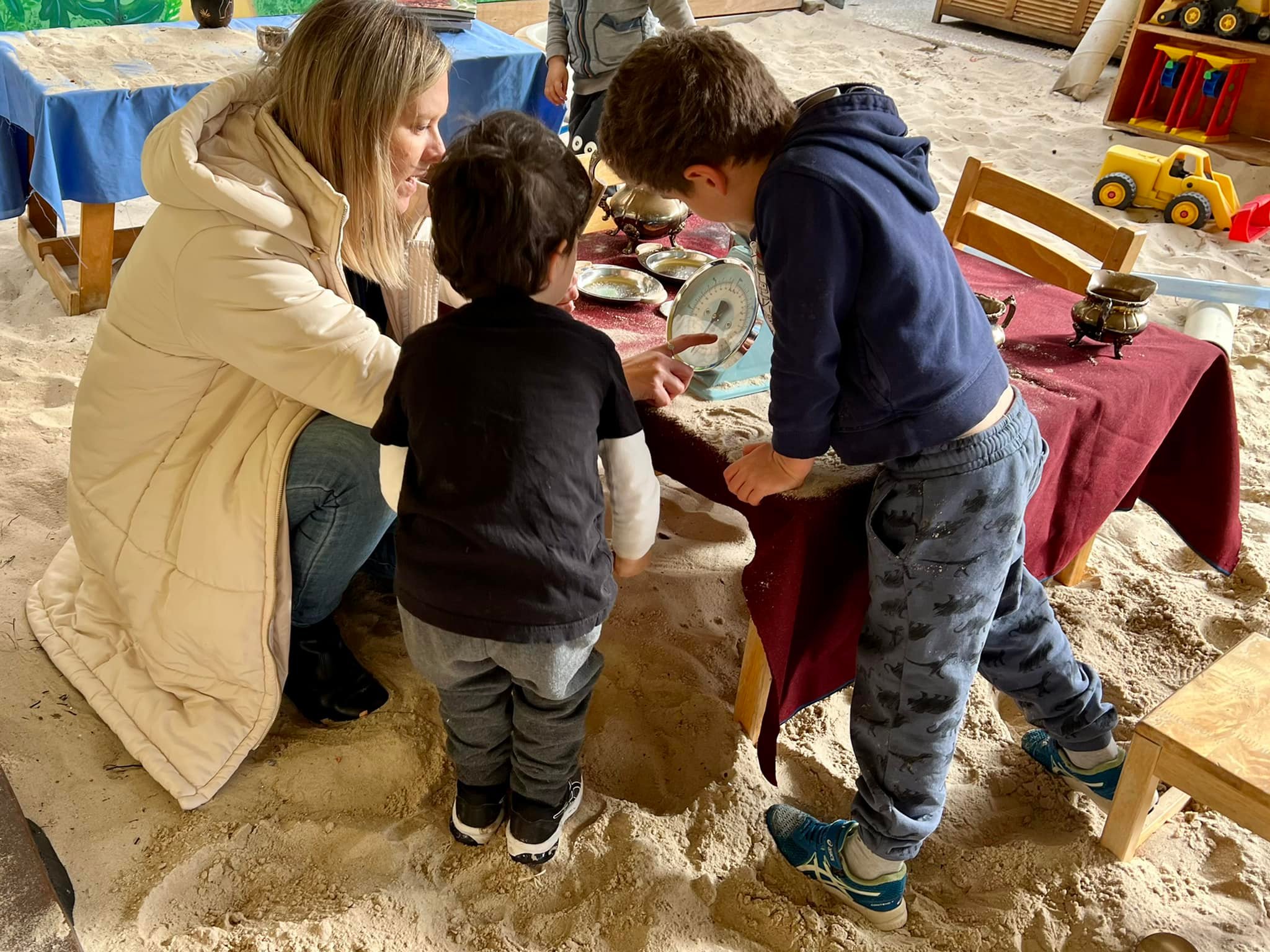Early years management is the dominant model of community kindergarten management in Victoria today, and Glen Education has proudly been an Early Year’s Manager since 2011 (pilot year).
Evolving from kindergarten cluster management that was first introduced in 2003, the early years management model was implemented in 2016 and provides direct benefits to the children who attend their services, parents and family members, teachers, educators, and also for government.
Early Years Management (EYM) organisations are primarily local government or community-based organisations that provide professional leadership and centralised management of kindergarten services.
EYM organisations provide service delivery according to their regulatory, policy and funding obligations and are required to:
- assume all the responsibilities of an approved provider as specified in the Education and Care Services National Law and National Regulations
- establish and review effective governance practices that support professional leadership and management systems
- contribute to policy development, sector planning, policy reform implementation and service design.



Why early years management is important?
The change from kindergarten cluster management to early years management was introduced to reflect the long-term vision to extend the platform beyond the management of kindergarten services. Early years management signifies the broader role that community-based, not-for-profit organisations already play within the early years sector, and the policy to move the sector towards achieving a more integrated and sustainable service system into the future.
The benefits of EYM
The benefits of early years management are considered across the following dimensions:
- overall quality of services
- children benefit from high quality, inclusive services provided by professionals who are well supported to adopt contemporary, evidence-based practices
- high quality workforce
- staff benefit from organisational structures and processes that support them in their day to day work, but also have a view to the future creating career pathways and professional development opportunities that align with their aspirations
- engagement of vulnerable children and disadvantaged communities
- improved governance and administration
- parents can focus their involvement on supporting their children’s learning free of the compliance, industrial, financial and operational obligations required of approved early childhood service providers
- consistent implementation of policy reforms
- integrated service provision
- effective partnerships
- reduced administrative burden on government and reduced risks.